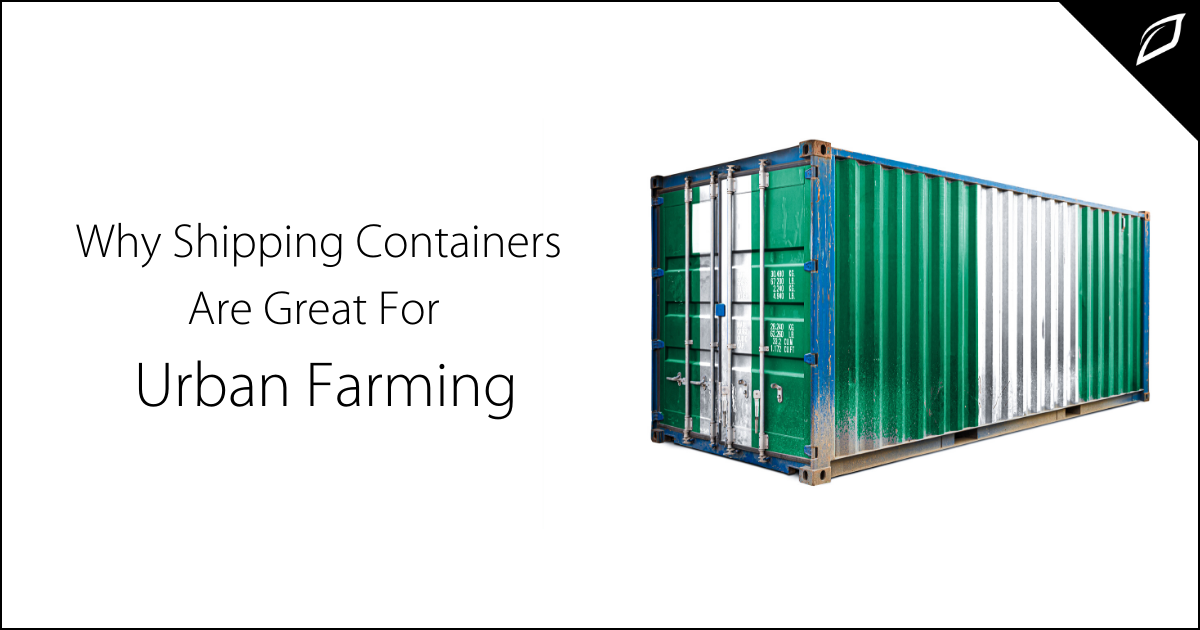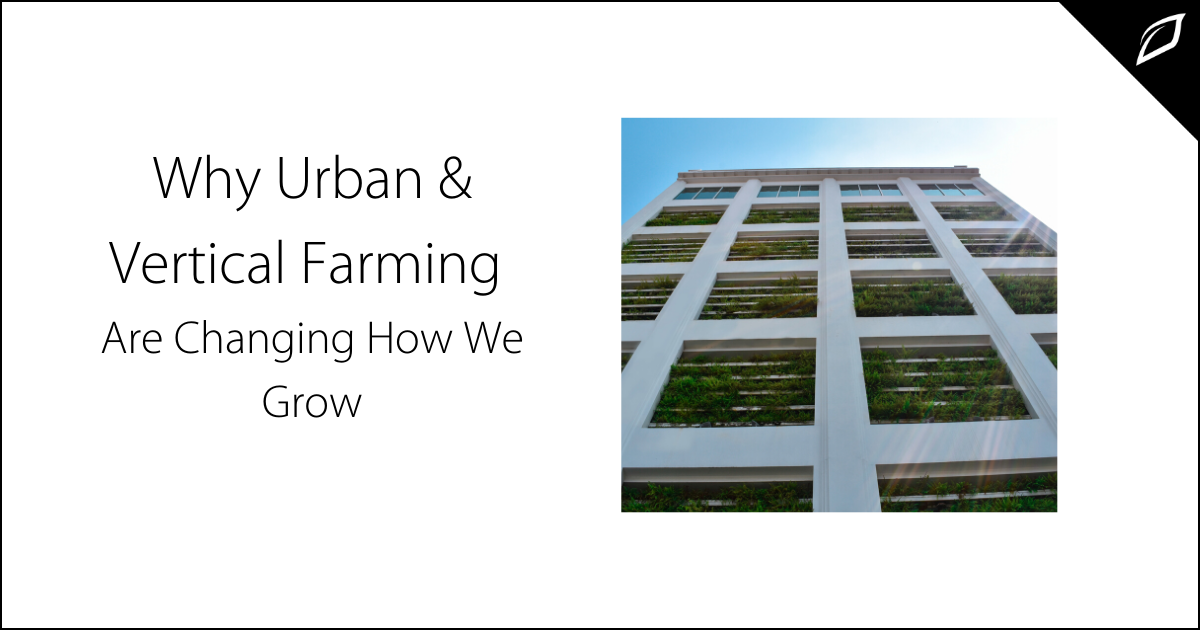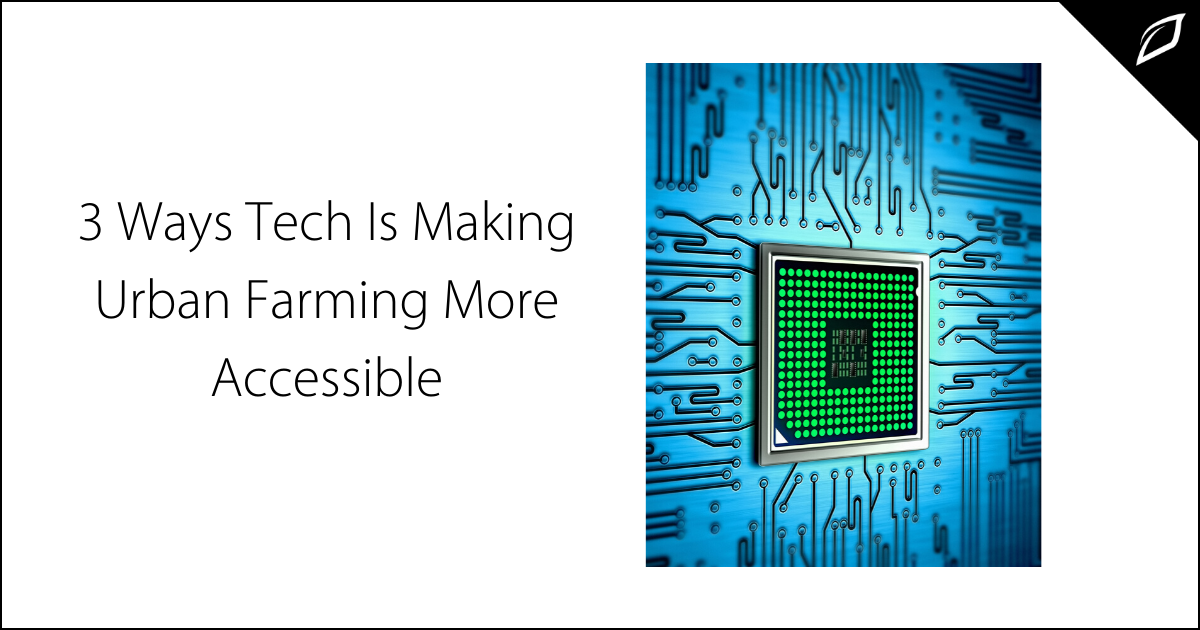Why Shipping Containers Are Great For Urban Farming
Urban farming has some unique advantages. In particular, it brings the grower closer to the consumer, saving on transportation costs and reducing...


Urban farming is widespread for many reasons, such as sustainability, affordability, health, and convenience. Today urban farming exists in many forms, including community and backyard gardens, rooftop and balcony gardening, indoor vertical farming, just to name a few.
Urban farming focuses on selling produce, as opposed to being grown for personal use, like in most community gardens. It can support the well-being of communities and individuals in many ways. From providing fresh produce to cities, creating a sense of community, creating jobs, and promoting healthy lifestyles. Most importantly, urban farming makes fresh food more affordable. It is fast becoming an indispensable ingredient in a city's food system.
Space and pollution can be significant challenges for urban farmers but it also allows them to discover new ways to farm with the aid of technology. Because urban farms are closer to local restaurants and supermarkets, urban farmers can supply fresh produce faster and easier than produce shipped in from neighboring communities.
Before getting started, do your research on best practices, local, state, and federal permits and laws that you need to know. Like any business, you'll need to identify target demographics, what types of produce are necessary for your community, how it can be distributed, and what's happening in the existing urban farming market? These answers will be critical to your overall success. Work with community members, friends, and family to identify what the community needs are and then brainstorm and network.
It would be best if you also spent time visiting existing urban farms in your area to learn what they are doing. How will your plan be different? Knowledge is vital; make sure you're creating a program that will complement the needs of your community before you make your final plans.
As more people examine urban agriculture as a business, most are focusing on niche markets, specialty services, and some higher-margin products. Start-up expenses for an urban farm vary widely depending on the many variables. Depending on what you will be growing, it may be best to go with hydroponics. Or perhaps indoor, vertical solutions are better for your crop. It can be broken down and organized by categories, location, site preparation, and structures. You'll need to research the specific plant to determine the type of urban farm that will work best for your overall goals.
Your urban farm can generate more than foods and flowers; you can create another revenue stream in your business by providing other companies with seedlings and compost. There's an expanding market for environmentally sustainable products and services, and many are approaching waste in new ways. You can also consider value-added products to your business, by transforming the raw farm products into food, personal care, craft products, and more. Value-added products can help increase your revenue and increase the market season.
The decision to get involved in creating additional products will require that you increase the amount of time and money you invest in your urban farm. Any other products may require compliance with food safety and labeling requirements, liability insurance, and marketing, so think it through before you take the plunge.
You don't necessarily need experience in farming to create an urban farm. Some basic education in urban farming can be found in great abundance online. Urban farms rely on people with skills in marketing, sales, and product creation, in addition to farming basics.
With the massive opportunity for growth surrounding urban farming, it absolutely has the potential to change how we grow food, flowers, cannabis, and any other crop that will benefit from shorter transportation times.

Urban farming has some unique advantages. In particular, it brings the grower closer to the consumer, saving on transportation costs and reducing...

What Is Urban and Vertical Farming? First coined by American geologist Gilbert Bailey in 1915, the term vertical farming was initially a practical...

Wide open spaces are no longer an agricultural necessity. While the rolling prairies with their endless acres of corn and soy have served American...